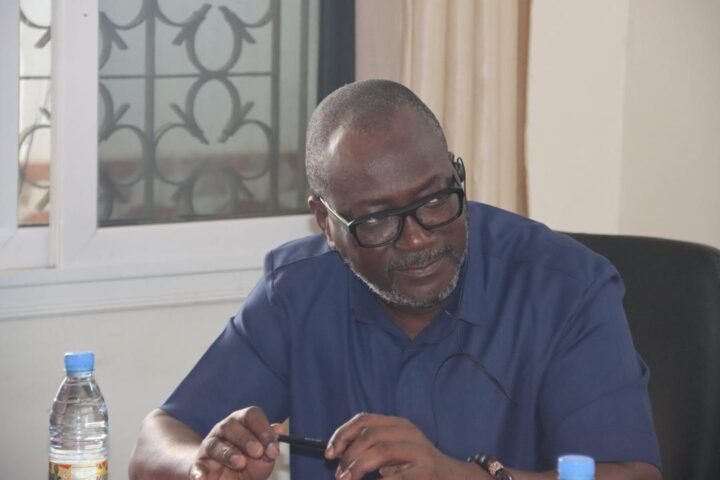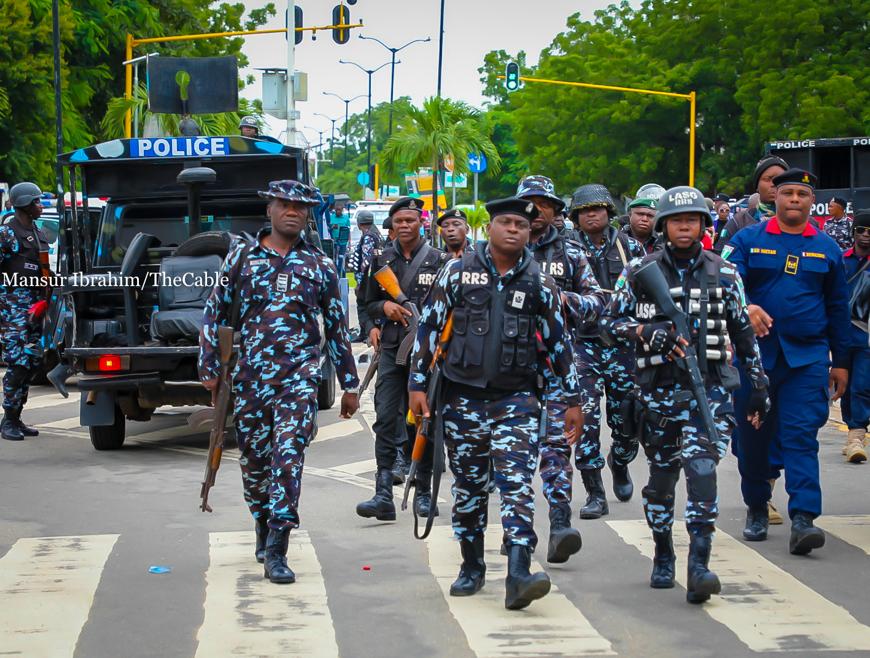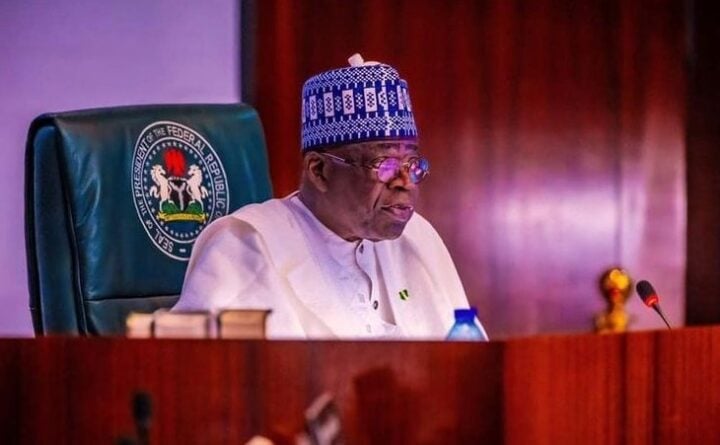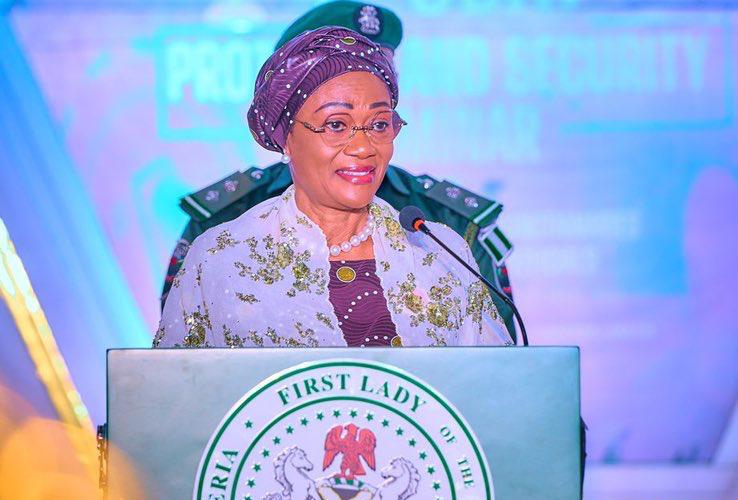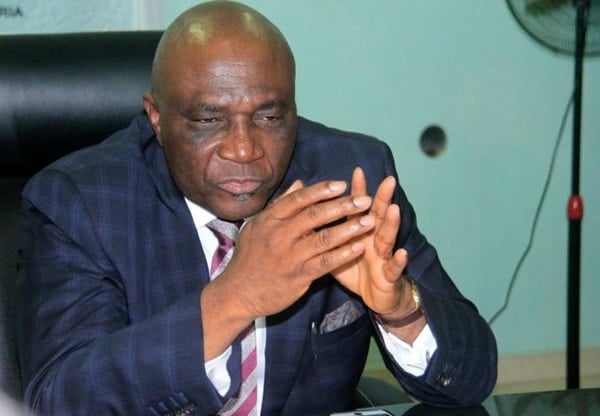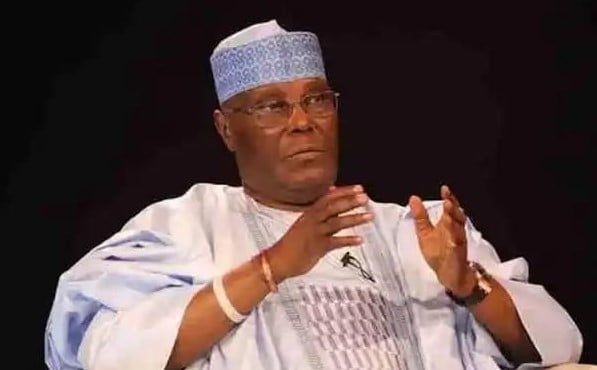For one week, the West Africa Democracy Solidarity Network (WADEMOS), a civil society organisations alongside some CSOs from selected West African countries, visited Senegal for a pre-election solidarity mission.
The assignment was led by Kwasi Prempeh, a professor, executive director of Ghana Centre for Democratic Development (CDD) and project director of WADEMOS, who had also led other delegations to monitor the pre-election atmosphere in Liberia, Nigeria, and Sierra Leone over the years.
In this interview with TheCable’s MARYAM ABDULLAHI, he talked about findings from the trip and issues affecting the country’s democratic structure. Prempeh also spoke on the election body and the irregularities that provoked the recent political crisis in the West African country.
TheCable: What are some of your observations about the Senegalese mode of conducting elections?
Advertisement
Prempeh: I think it is a different political tradition, just like other countries with different political traditions. The francophone and anglophone countries reflect different modalities for election in the region.
In the francophone area, parts of the region are more familiar with independent electoral commissions that are set up with the government; but in the francophone tradition, generally, elections are conducted by the government.
They may be conducted by a particular bureaucracy within the civil service that conducts elections, but it is usually embedded within the government. So, that is different, but it doesn’t make one better than the other because, even with the independent electoral commission, we still have issues of trust.
Advertisement
You can still be captured by the government, and you can also have government-run elections that are sometimes run independently and fairly and that sometimes lead to the defeat of the government candidates. Some of these things that we are seeing, the differences are coming from our background and I would not say what we have is better than the other.
There were some of the things I found that were quite interesting compared to the others. In the Anglophone—Ghana, Nigeria, Liberia, and Sierra Leone—our party systems are very strong, and we tend to have like two strong parties. But in the Francophone region, certainly in Senegal, the party systems tend to be weaker.
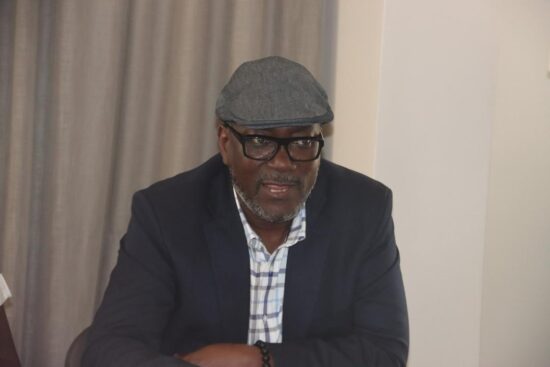
TheCable: Would you say the Senegalese sponsorship law for candidates’ endorsements is good for democracy?
Prempeh: This thing called sponsorship is good; but when you have a large number of political candidates, it is difficult to get a majority. You have a lot of marginal candidates, and everybody is forming a party. So, the idea that you should be able to show that you have some support from a certain percentage of the electorate before you get your name on the list is not bad for efficiency reasons.
Advertisement
In terms of legitimacy, you want to show that you are not an unserious candidate, so the idea is good. But the problem we have seen is how it is implemented. At least in the Senegalese context, the mechanism by which we filter out candidates or applicants and come up with a final list is one of the problems it has produced.
The constitutional council is the one that vets the applications to see if you have produced the requisite number to meet the threshold. One of the problems that has led to this postponement is the complaint that the whole process is not transparent and is a bit opaque. There are complaints about what kind of voter list was used or given to the candidates to check who is a sponsor or not.
So, the idea itself may not be bad, but the implementation of it appears to have created problems in terms of transparency and fairness. Some of the candidates who did not make it to the list are obviously aggrieved and are complaining.
There is also the argument that the constitutional council should be doing this job because eventually, the constitutional council is almost like the final court; any complaints about the election go to the constitutional council. So, that is one problem.
Advertisement
The other things are also like in Nigeria, in Ghana, we tend to have an open-ended campaign season. People can campaign for a long time; here, the campaign was going to start yesterday, and one of the observations my friend made was that there were no billboards. You know, in a sense, it is good. One of the things driving the cost of an election in Africa, in places like Nigeria and Ghana, is this open-ended election season. People can run campaigns for almost four years.
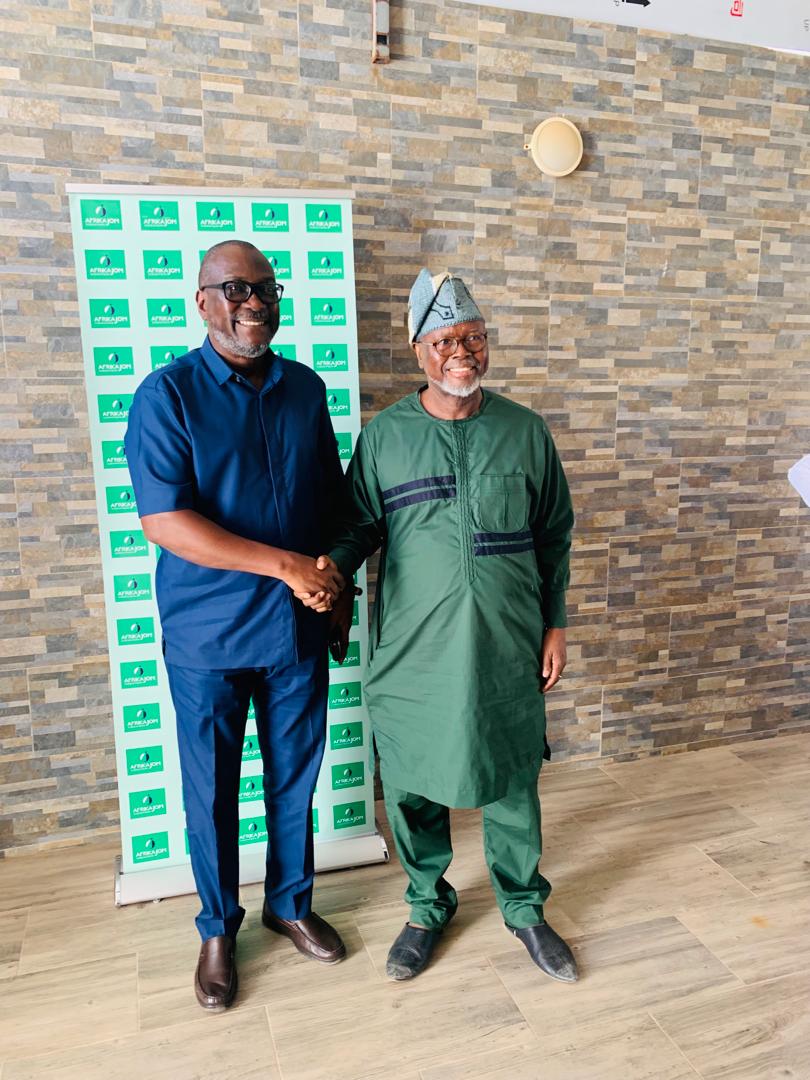
The moment someone is elected, the other one starts campaigning. First, things like billboards, posters, and advertising cost a lot of money. The fact that there is a campaign season that is short and opens for a particular period of maybe 15 days is a bit short. But to keep the cost of elections down, it’s good to regulate the election season.
Advertisement
When you have an open-ended campaign season without regulations, it helps the incumbent party; it helps the other candidates, smaller parties, women, and others at a disadvantage because they tend to have fewer resources. So, it is good to regulate the campaign season but the question is, if you are going to start an election by February 25th and the campaign starts on February 5, let’s say about 20 days, is that long enough? The idea is a good idea that in Senegal, there is a regulated campaign season and not four-year campaigns.
Access to the voter registry was another problem because it appeared the candidates and parties did not have access to the register 15 days before the election. We also discovered a few things that were a bit unusual. Here, there is no voter education and the state doesn’t do that. No state body does voter education.
Advertisement
There are going to be 20 candidates on the ballot, which requires voter education. What does the ballot look like? What are the symbols or the parties? What if some candidates have the same names? They need to take time to educate voters, and not all voters here are literate. So, voter education is just the difference between what is going on in the country and other countries.
TheCable: Was the postponement of the election the right action at the time Macky Sall declared it?
Advertisement
Prempeh: Well, at this point, no. The idea of the postponement was not the best at this point. The grounds for the postponement are a bit vague; there are a lot of conspiracy theories going on. People are even suspicious about the charges against the two judges.
It is not unusual that when there are charges against some judges, you can tell them to step aside and not participate in that particular case. There is a legal process by which those judges can be removed from that particular case. Maybe if two out of seven or five are the problem and have been accused of corruption or integrity, you can ask them to set aside, but wait till the eve of the campaign to say that because of that, we are postponing the whole election.
Not all parties agreed, and some parties wanted the elections to continue. People believe the allegations against the judges are being used politically to change the constitution before the election. I think it is too late to cause a constitutional crisis.
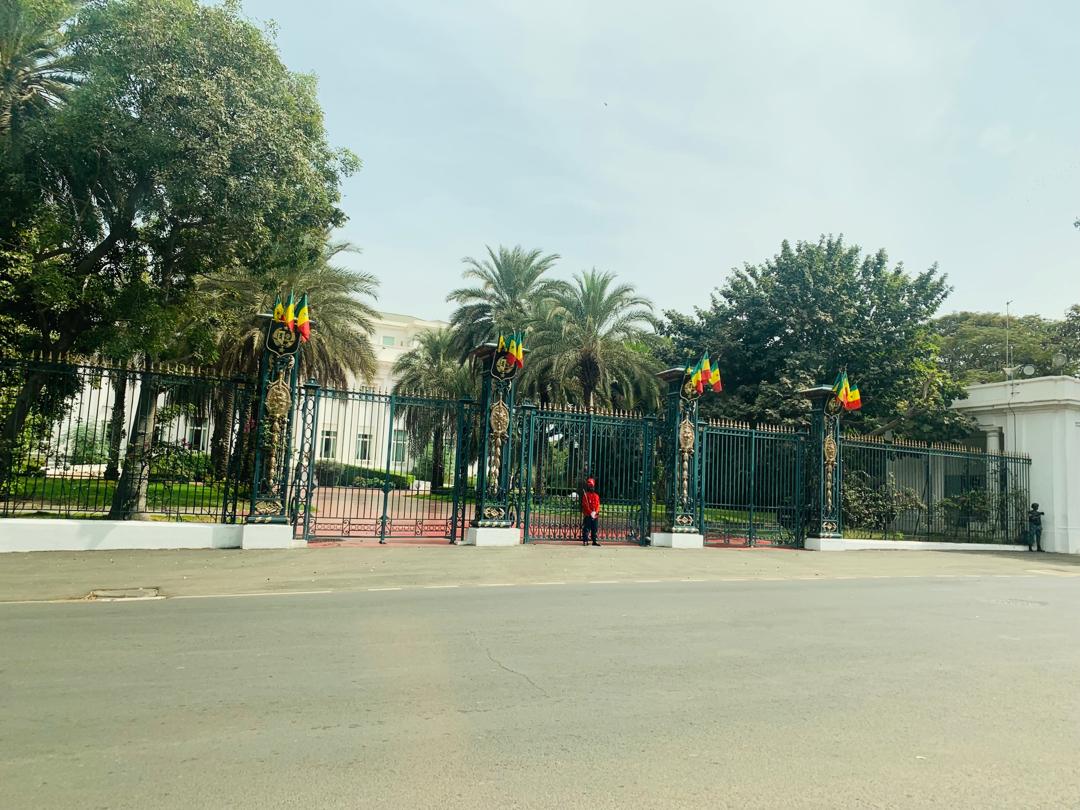
TheCable: Using observations from previous pre-election missions in Nigeria and Ghana, what are some of the commendable election initiatives Senegal can copy from?
Prempeh: It is certainly the idea of the independent electoral commission there; it is better. Whenever you have an electoral management body that seems to be embedded within the ministry and reports to the ministry, even if you assure people that they are operating independently, people will not believe you.
So, the election management body is always based on trust issues. I think the trust issue becomes more compounded when the election management, by nature of extraction, is within the ministry as it is here, the ministry of interior.
The election body will tell you, yes, I am under the ministry, but it doesn’t give instructions. People will not believe it, so it is better to separate them. I think one of the things that is done in the anglophone countries, this independent electoral commission, is a better idea. It should be separated from the government and the ministry, making it a separate commission.
They have the CENA, which is a separate commission, and maybe that body, together with the general directorate of elections, can be folded into the CENA and constitute an electoral commission, and the membership of the CENA must be appointed in a way that doesn’t allow the government to control it. So, the independence of the CENA, like the judiciary, can be assured. So, that is one thing they can learn from other countries.
Once you don’t have an election management body, a lot of other problems come with it. Like who collates the results and who announces the results.
I think because of the model they have in Senegal, even if the elections are fair, you have to assume that sometimes they are fair because they managed to change government with this system; this same system without an electoral commission has managed to remove incumbents. Certainly, there is some integrity in the system; it is not all bad.
I think the perception is a problem, and because of the model they have chosen, they are also unable to do certain things, like declare the final results.
In Senegal, it is the constitutional council, which is a bit odd. I think it is the model they have chosen that is creating problems, and thus, when you listen to the president’s announcement, he said that because there are certain allegations of corruption against the constitutional council, we cannot have an election because they are the ones to certify the elections.
I don’t want to say one model is better than the other, but we have problems. It is a faction, or sometimes it is the tradition of the country, but we can learn from each other. There is a good part of each model that we can learn from. I think the main problem here is the government being the one running the election; it is an old model. So, how elections are conducted varies. It is about the traditions they built around those models to give them independence so that everybody can trust them. I think we have a problem here in Senegal where most people don’t trust.
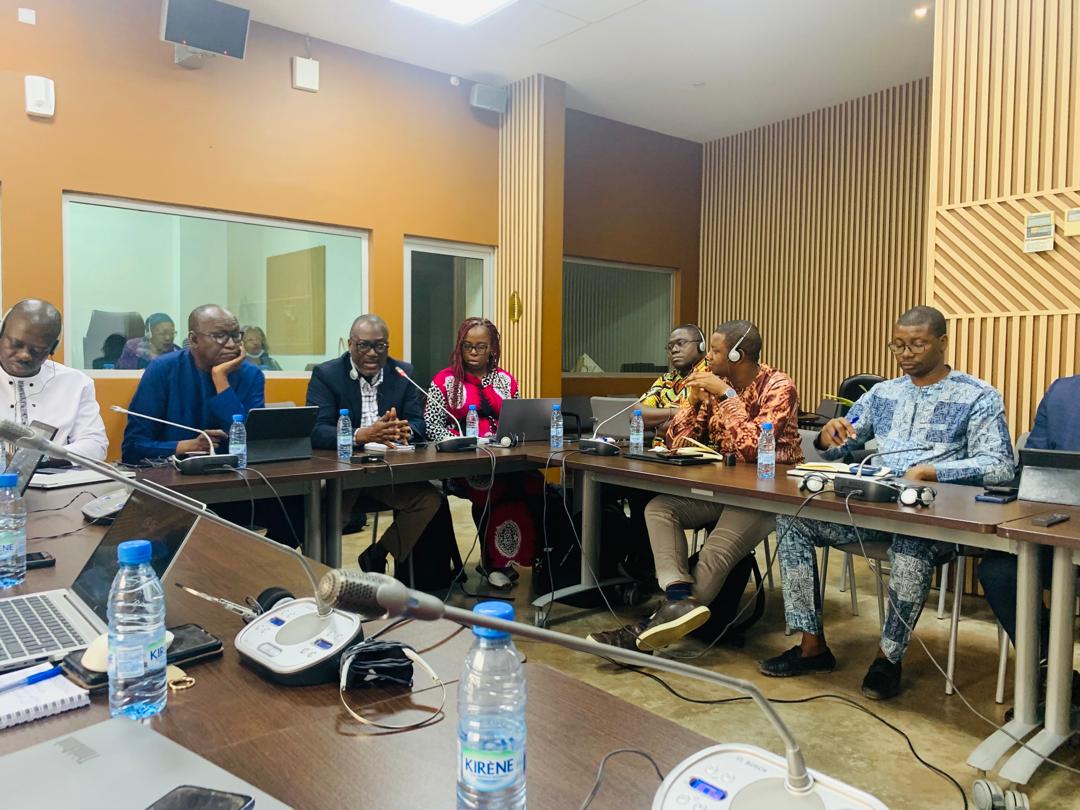
TheCable: What are some of the election standards other West African countries can learn from Senegal?
Prempeh: Elections are critical events in our region, and I think regulating them is good. In other countries, it is too unregulated. There are lessons to be learnt. ECOWAS at the regional level should look at elections and begin to set some minimum standards across the regions. Elections are a bigger source of social conflicts and violence, which threaten the process.
There should be a regional law and a minimum set of rules for every election to follow. I think independent election bodies have become the norm, and it is a better idea. It is just the need to increase trust.
The second thing is participation and access. We should be moving towards practices and models that increase participation, inclusiveness, and diversity rather than the ones that we use money for.
Our elections have become costly, and that excludes the youth because to be able to run in an election, you have to be a billionaire, and that is directly related to corruption in government.
I think apart from trust and state constitutions, we have to look at trust, participation, access, and the cost of the election. I am very impressed with the absence of billboards in Dakar.
One of the innovations I found admirable is the gender parity law. It doesn’t apply in the presidential election because it would be very difficult to apply, but at least in the legislative elections and the municipal elections, there is a law in Senegal that gives women candidates a very good chance of entering the legislature. So, it is not surprising that Senegal has one of the highest numbers of women in its parliament.
I think those of us who are interested in issues of gender equality and representation in politics should look at that law. It may not be better, but we can improve it; it is a good start.
Add a comment
